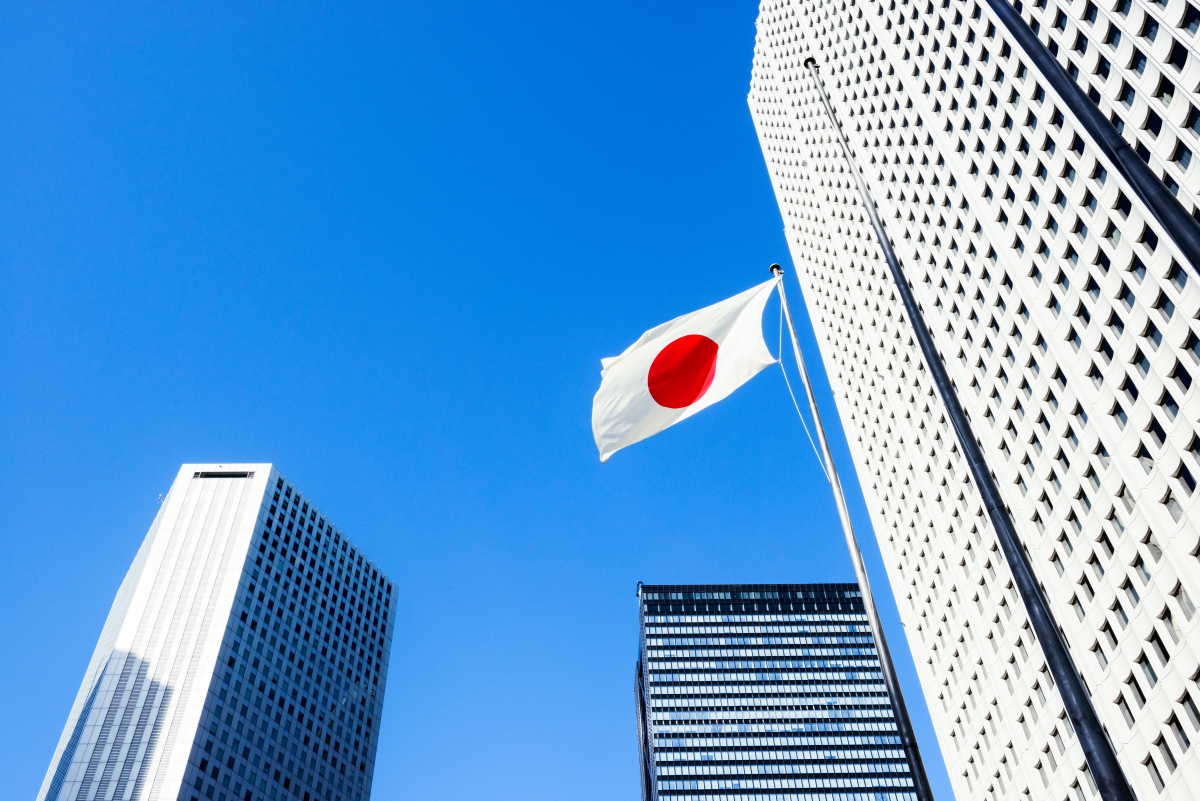Subsidies for electricity and fiscal support to low-income households helped the Japan inflation (core consumer-CPI) retreat from a 41-year high in February. Japan’s high inflation has been a concern for the Bank of Japan which has continued with its ultra-loose monetary policy.
The core-consumer price index (CPI) rose 3.1% in February, down from the 41-year high of 4.2% in January, but still above the central bank target of 2%. The slower inflation has largely been attributed to the government subsidies aimed at cutting energy costs.
The core-core CPI, an index measuring consumer inflation barring energy and food prices, rose 3.5% in February, the fastest year-on-year increase since January 1982, indicating that imported inflation might not be Japan’s only issue.
Impact of slower Japan inflation
The rising Japan inflation is linked to the annual ‘shunto’, a wage negotiation event between the government, top businesses and union leaders. An agreement was reached in mid-March that overall wages would increase by 3.8% — the highest pace since 1993 and much higher than last year’s wage growth of 2.07%.
This essentially increases the spending power of Japanese households to ward off inflationary pressures, in combination with the government’s fiscal support. It also opens up multiple avenues for the Bank of Japan, which could normalize monetary policy citing wage growth or continue with its stance citing the need for more data.
However, higher wages would add to the costs of corporates, which saw profits decline 2.8% year-on-year in yen terms during the October-December quarter, the first dip in eight quarters. The lower profits can be attributed to the stronger yen and weak overseas demand.
Another factor the Bank of Japan will have to consider is the impact of the collapse of Silicon Valley Bank in the US and the fall of Credit Suisse in Europe, which has put the global financial markets in turmoil. This could result in the Japanese central bank continuing with its negative interest rates as it tracks the impact of bank failures, which some analysts say have been triggered due to steep interest hikes.
“If the BOJ eventually hikes rates and allows (bond) yields to rise, it would be doing so on the back of expectations for a steady increase in wages; in other words, improving fundamentals should be the cause of rate hikes, with monetary policy normalisation being the effect,” Naoki Kamiyama, Chief Strategist at Nikko Asset Management.
What does this mean for Japan bonds?
The yield curve control policy for Japanese government bonds has been at the centre of investor attention after Kazuo Ueda took over recently as the new Bank of Japan governor. The policy is aimed at spurring inflation, but cost pressures are much higher than the central bank target, which may force the central bank to recalibrate its yield curve control policy. The central bank abandoning its yield curve control policy would tighten the credit market for corporates which are already seeing a drop in their profits.
“Our baseline expectation is that the BoJ will adjust the parameters of its yield curve control framework by July. Widening the tolerance band around the 10-year JGB yields to at least +/- 75bps is one option. But there is the risk that speculators will attack the new peg, forcing the BoJ into a de facto crawling yield peg,” as per Sree Kochugovindan, Senior Research Economist at abrdn Research Institute.
The Bank of Japan will hold a policy meeting in April and is expecting inflation to slow below 2% during this fiscal year.










 Australia
Australia China
China India
India Indonesia
Indonesia Japan
Japan Malaysia
Malaysia Philippines
Philippines Singapore
Singapore South Korea
South Korea Taiwan
Taiwan Thailand
Thailand Vietnam
Vietnam
 Germany
Germany Hong Kong
Hong Kong USA
USA Switzerland
Switzerland Singapore
Singapore








